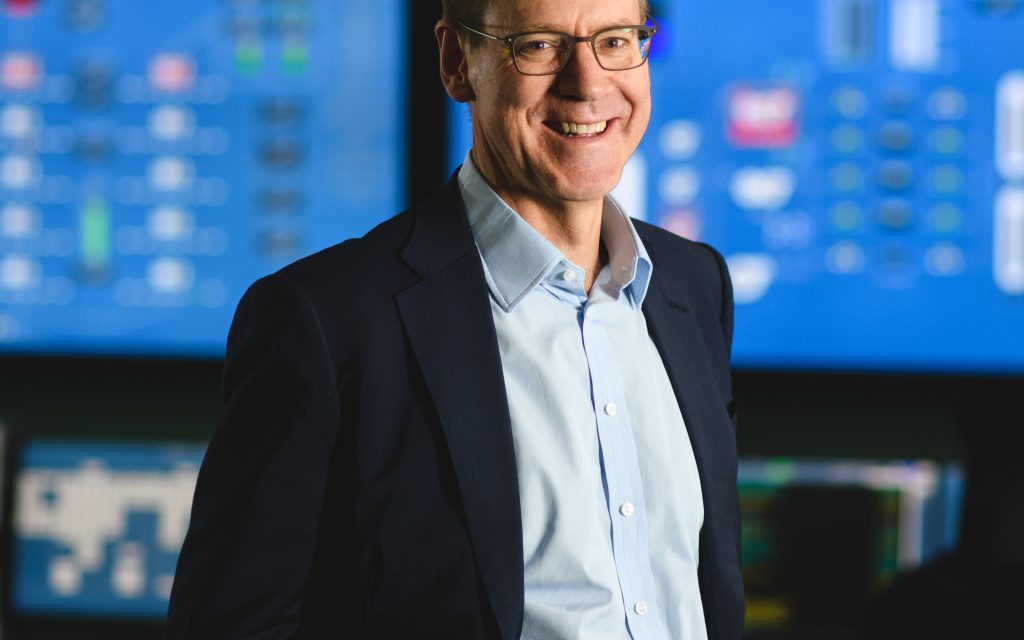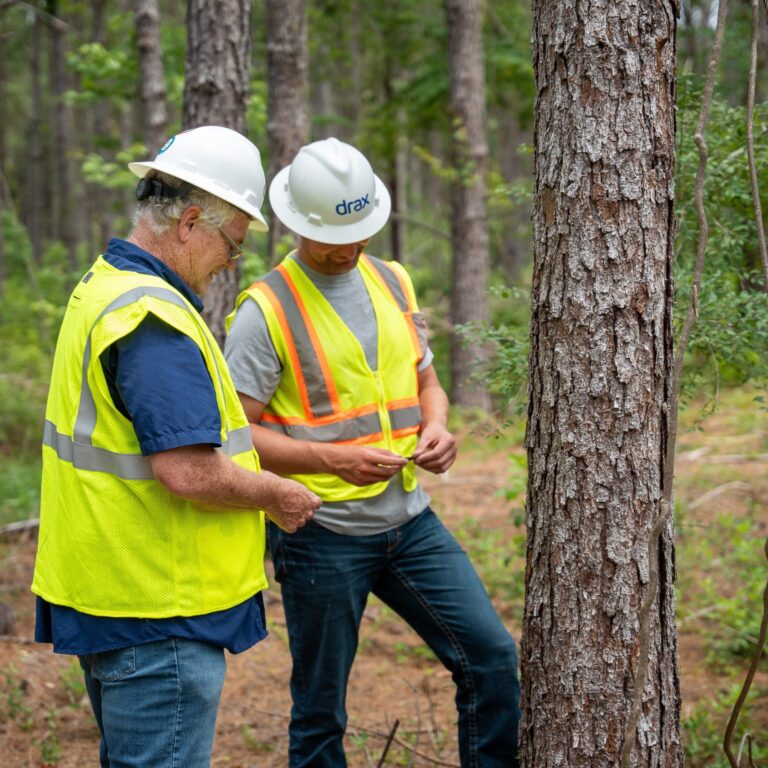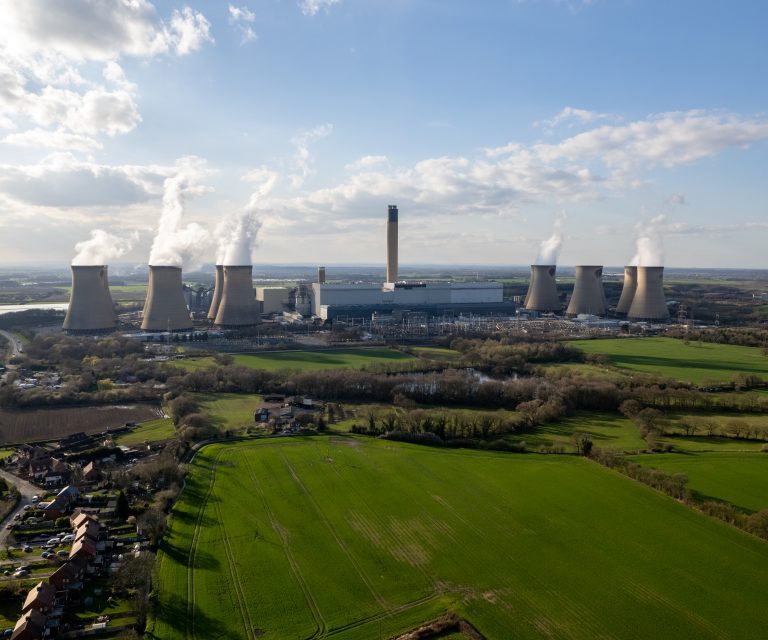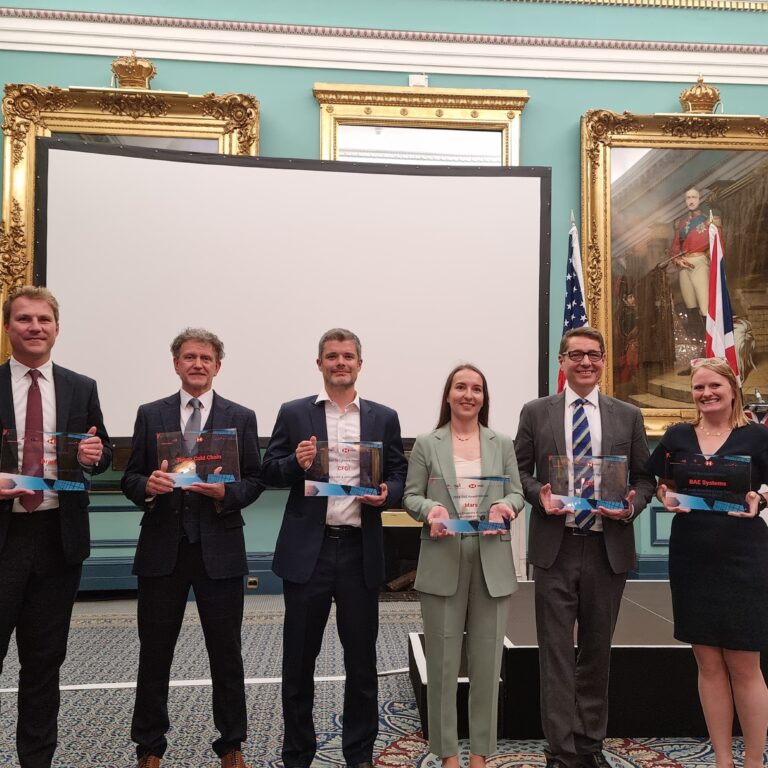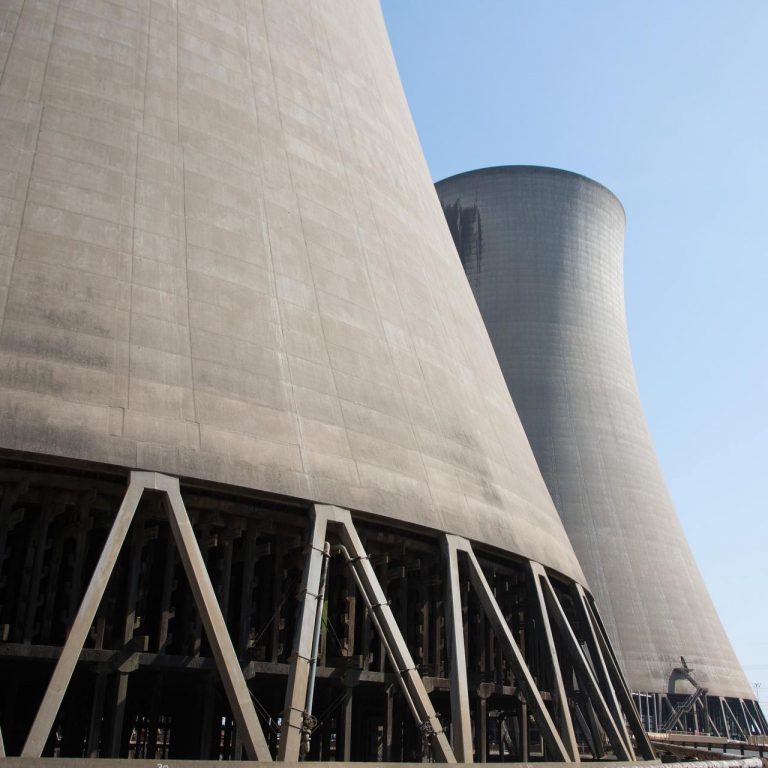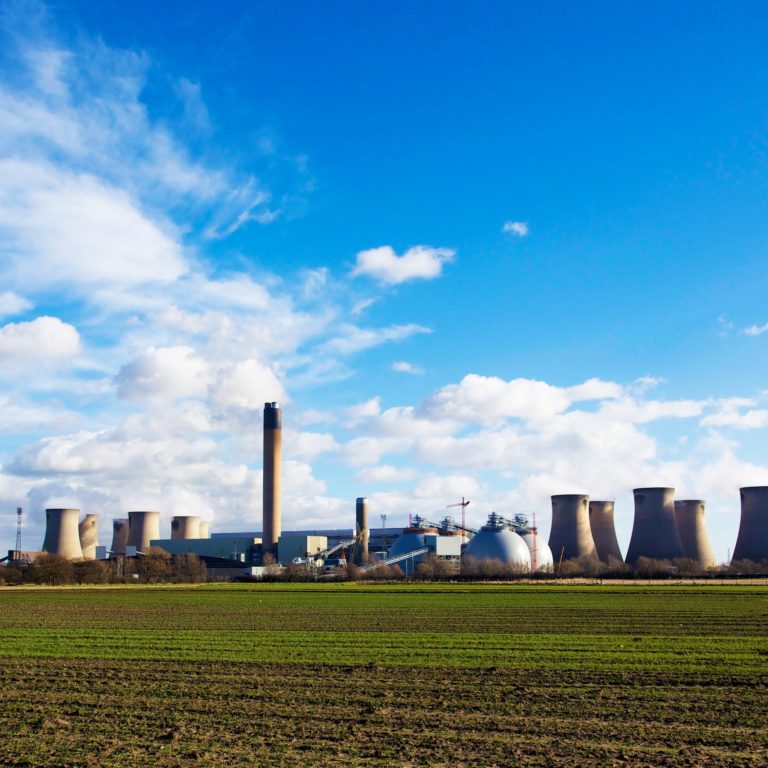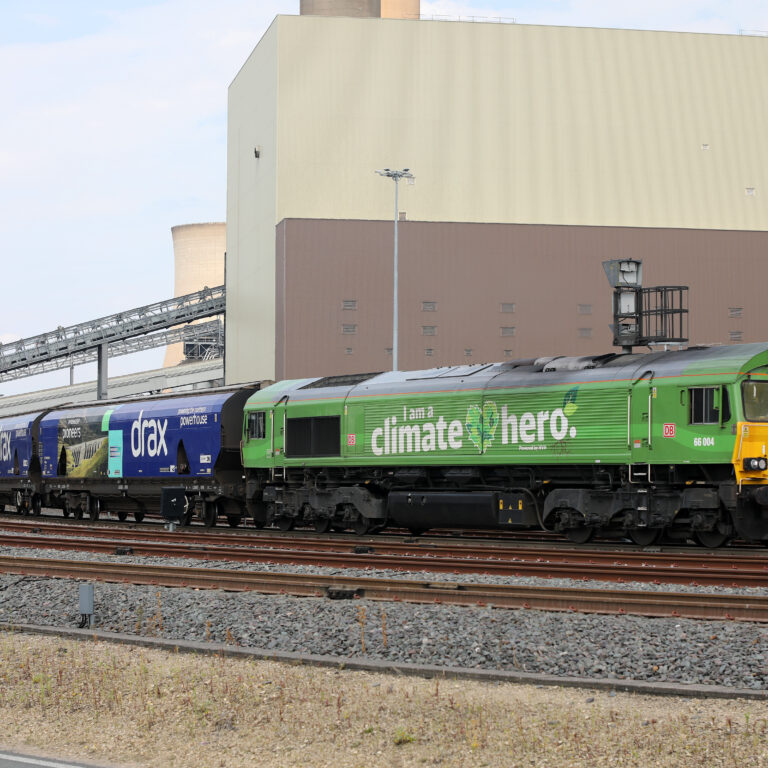Drax Group CEO Will Gardiner said:
“It’s great news that the Norwegian oil fund has recognised the pioneering transformation at Drax. Converting Drax from coal to sustainable biomass has reduced emissions at Drax by over 80% since 2013, making us the largest renewable power generator in the UK and the biggest decarbonisation project in Europe.
“Now we’re taking it a step further with our world-leading ambition to be carbon negative by 2030, using bioenergy with carbon capture and storage technology. This would anchor a new zero carbon industrial cluster in the Humber region, protecting thousands of jobs and creating new opportunities for clean growth in the north and throughout the UK.”
Background:
- Drax supplies 12% of the UK’s renewable electricity
- In December 2019, Drax became the first company in the world to announce an ambition to be carbon negative by 2030 using ground-breaking bioenergy with carbon capture and storage (BECCS) technology.
- BECCS could be applied to Drax’s first biomass unit as soon as 2027. By using this vital negative emissions technology, Drax alone could deliver 16 million tonnes of negative emissions each year from its four generating units, creating an anchor for the Zero Carbon Humber initiative.
- Its successful one tonne a day BECCS pilot was the world’ first to capture CO2 using a 100% biomass feedstock
- BECCS is the only negative emissions technology which generates renewable electricity whilst removing carbon dioxide from the atmosphere.
- The UK Committee on Climate Change’s ‘Net Zero’ report states that BECCS could generate up to 173 TWh of electricity by 2050, capturing up to 51 million tonnes of CO2 – around half of the remaining carbon in the economy that the UK will need to capture to become ‘net zero’.
- The Norwegian oil fund had previously excluded Drax from investment in 2016 following a decision by the Norwegian parliament in 2015 to sell out of companies in which more than 30% of revenues or activities are derived from coal.
Zero Carbon Humber:
Timeline:
2026: Hydrogen demonstrator and test facility built at Drax
2027: BECCS technology installed on one biomass generating unit at Drax
2028-2035: BECCS technology installed on all four drax biomass units
2028-2040: Hydrogen production scaled up to provide low carbon fuel to multiple industries across the region.
Facts and stats:
- The Humber region has around 100 chemical and refining companies, which together account for around 12% of total employment in the UK chemicals sector.
- The Humber is a strategically important industrial cluster for the UK – it already contributes £18bn towards the UK economy each year, driven largely by its deep expertise in industrial processes such as refining, petrochemicals and manufacturing.
- It supports 360,000 jobs – 55,000 of which are in the manufacturing sector.
- The Humber is the most carbon intensive industrial region in the country – producing 12.4 million tonnes of CO2 from industry each year. (This does not include emissions from Drax or others in the power sector).
- The Committee on Climate Change’s ‘Net Zero’ report states that BECCS could generate up to 173 TWh of electricity by 2050, capturing up to 51 million tonnes of CO2 – around half of the remaining carbon in the economy that the UK will need to capture to become ‘net zero’.
- If Drax can scale up its BECCS pilot it could capture 16 million tonnes of CO2 each year.
ENDS








